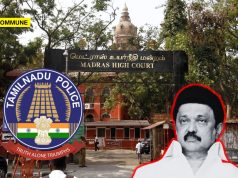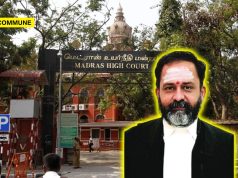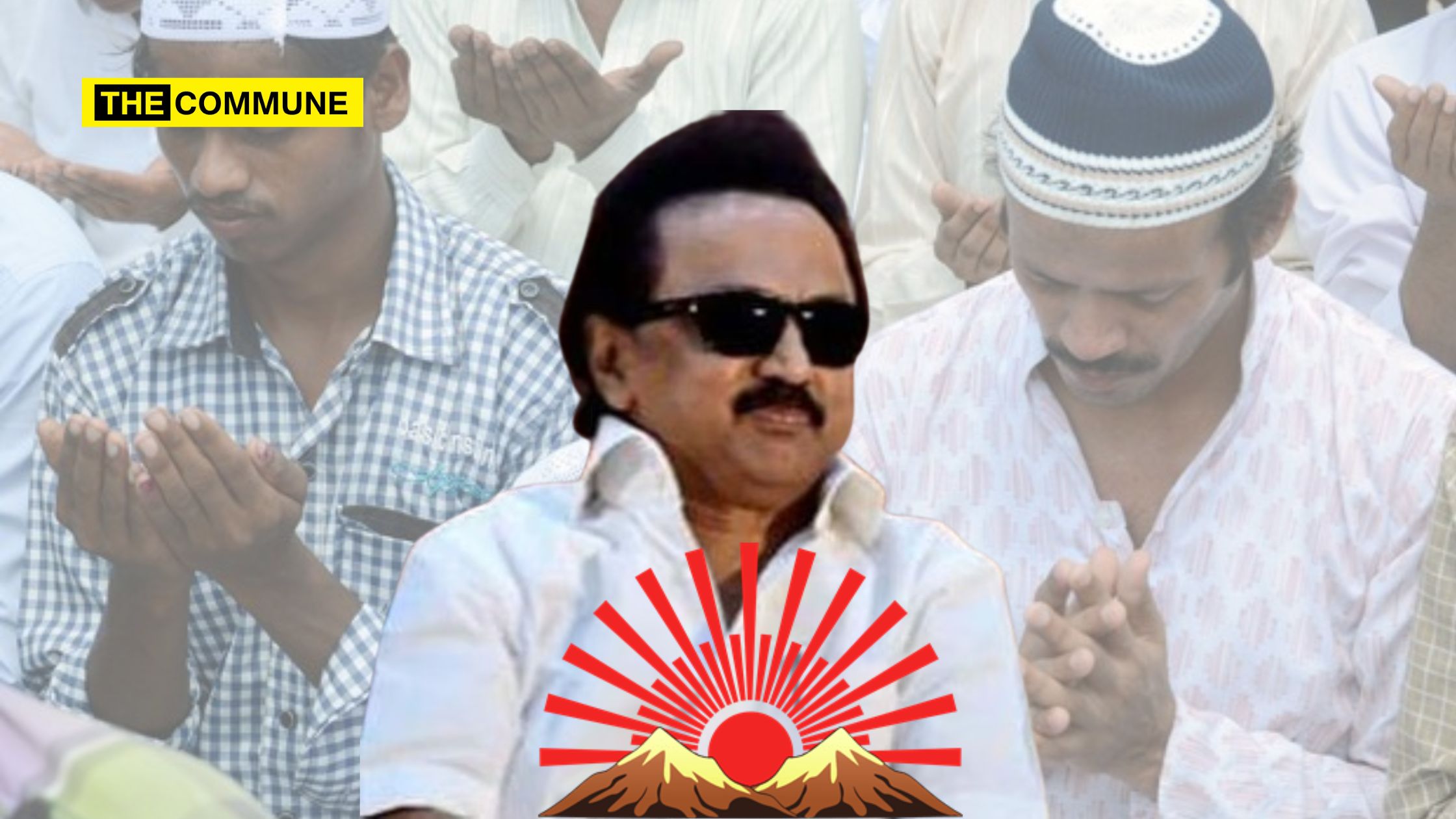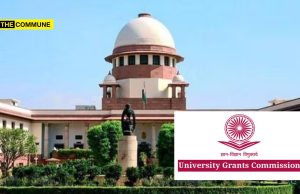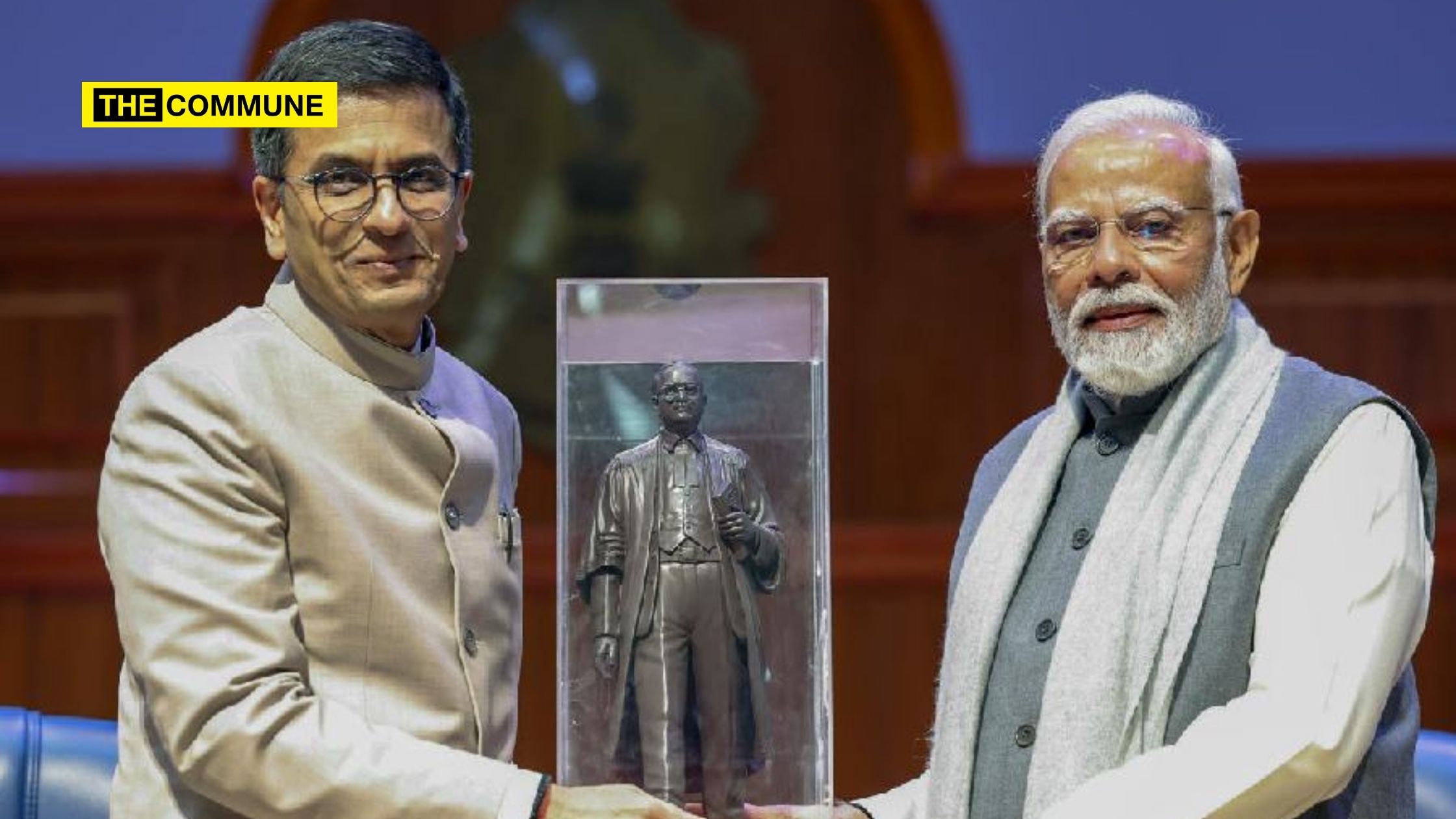
Prime Minister Narendra Modi inaugurated the Diamond Jubilee celebration of the Supreme Court of India on 28 January 2024, marking a significant milestone in the nation’s legal history. Alongside, he unveiled citizen-centric information and technology initiatives aimed at enhancing accessibility and efficiency within the judicial system. Among these initiatives are the Digital Supreme Court Reports (Digi SCR), Digital Courts 2.0, and the launch of a new bilingual website for the Supreme Court. Prime Minister Modi commended the Supreme Court’s digital initiatives, including the availability of judgments in electronic formats and the localization of legal content. He envisioned broader adoption of such technology across the country’s judicial landscape, underscoring its role in advancing “Ease of Justice” for all citizens.
In his address, Prime Minister Modi extended congratulations and gratitude as the Supreme Court embarked on its 75th year, coinciding with the 75th year of the Indian Constitution. He underscored the foundational principles of freedom, equality, and justice envisioned by the constitution’s architects, highlighting the Supreme Court’s steadfast commitment to upholding these ideals.
Emphasizing the pivotal role of the Supreme Court in safeguarding individual rights and fostering socio-political progress, Prime Minister Modi outlined a vision for the next 25 years, stressing the significance of current policies in shaping India’s future. Against the backdrop of evolving global dynamics, he emphasized India’s rising prominence and the imperative to seize emerging opportunities across various sectors, including justice.
Recognizing the Supreme Court as the cornerstone of the nation’s justice system, Prime Minister Modi reaffirmed the government’s commitment to enhancing accessibility, particularly in remote areas. He highlighted the expansion of the E-Courts Mission Project and increased funding for digitization efforts, acknowledging the transformative impact of technology in streamlining judicial processes.
Furthermore, Prime Minister Modi emphasized the harmonization of Indian values with modern legal frameworks, advocating for laws that resonate with contemporary realities. He highlighted legislative reforms aimed at abolishing outdated statutes and introducing progressive legislation reflective of current needs. In line with efforts to modernize legal infrastructure, Prime Minister Modi announced significant investments in court facilities, including the expansion of the Supreme Court Building Complex. He underscored the importance of seamless transitions from antiquated laws to contemporary statutes, emphasizing capacity-building initiatives for stakeholders. Looking ahead, Prime Minister Modi emphasized the collective responsibility of citizens in realizing India’s vision for 2047, urging active engagement in the country’s developmental journey. He acknowledged the pivotal role of the Supreme Court in shaping India’s future trajectory and applauded its contributions over the past 75 years.
The event, graced by the Chief Justice of India, Dr. D Y Chandrachud, and other dignitaries, underscored the profound significance of the Supreme Court’s legacy and its ongoing evolution in serving the interests of justice and democracy in India.
With inputs from PIB
Subscribe to our channels on Telegram, WhatsApp, and Instagram and get the best stories of the day delivered to you personally.

